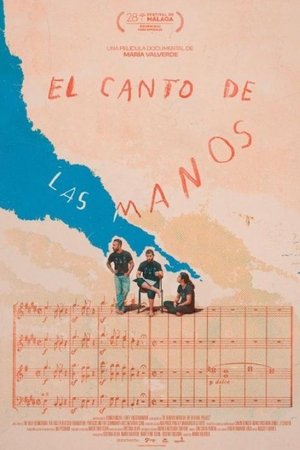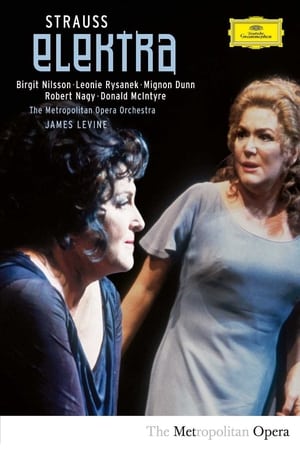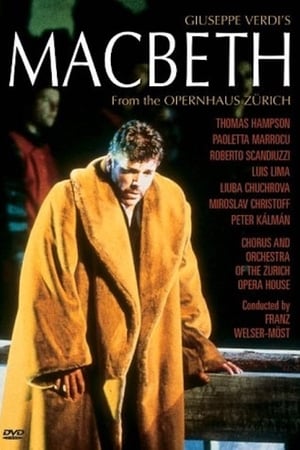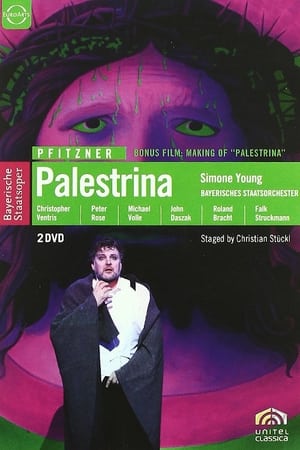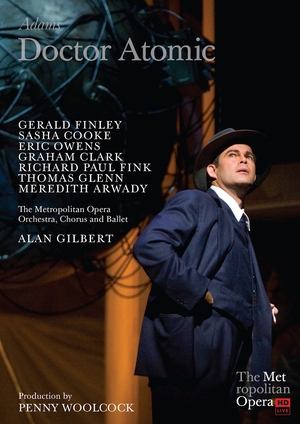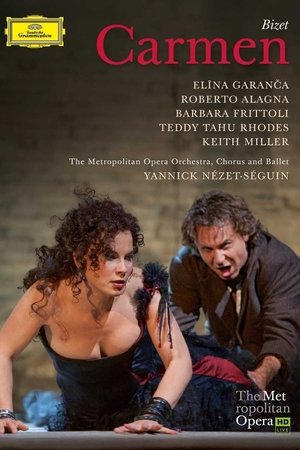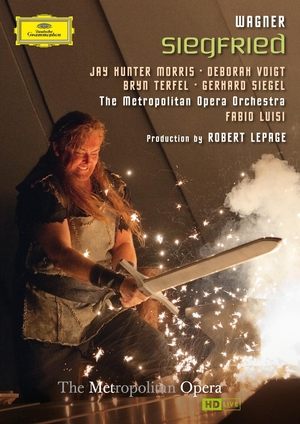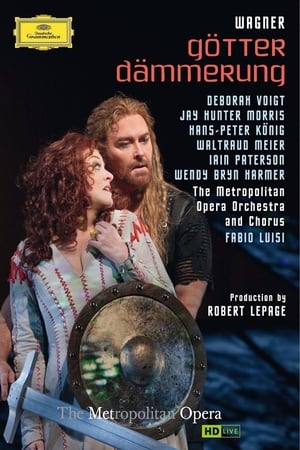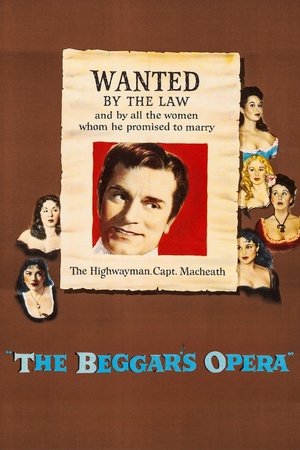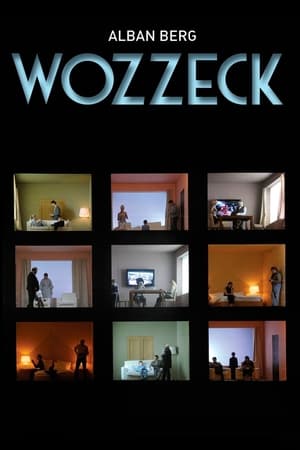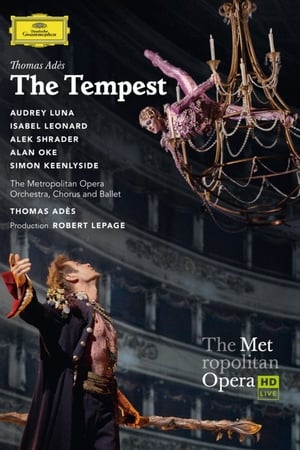Overview
As per tradition, the 2021/22 season opened in December at La Scala in Milan, this time with a new production of Giuseppe Verdi's 'Macbeth' directed by Davide Livermore and conducted by Riccardo Chailly. Verdi's Shakespeare drama features a star-studded cast: Anna Netrebko and Luca Salsi embody the regicide Macbeth and his lady.

 Italian
Italian
 0
0
 2021
2021
 Italy
Italy


